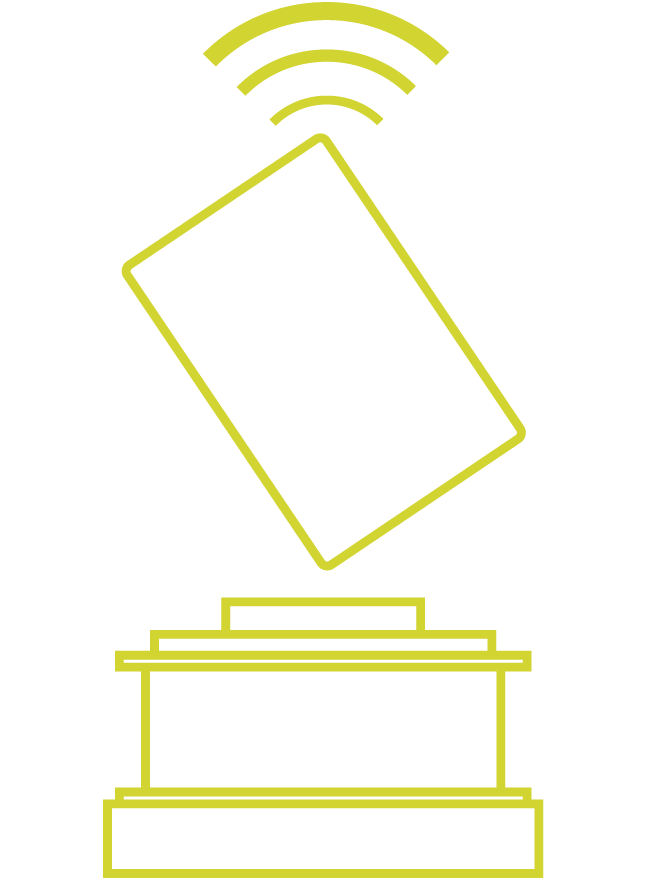
Podcast Awards
3x Top 10 Finalist Science & Education
The People's Choice
With millions of downloads globally, the All Creatures Podcast is a 5-star rated animal podcast covering hundreds of species, including interviews with conservation experts from all around the world. It has been routinely recognized as one of the top science podcasts in circulation.
The All Creatures Podcast is available on all podcasting platforms to include iTunes, Google, Spotify and more.
Become a Conservation Hero
Listen to our podcast about the history, physiology and current struggles of wild animals from all over the world.
Information provided on how YOU can help, how YOU can easily adopt eco-friendly habits, and how YOU can help wild animals all over the world
Feel empowered to share your knowledge with others. With your new wealth of information, together, we can make a difference.
SUBSCRIBE NOW
Listen Now
Support the Show
Your donation will go directly to improving our podcast and help us spread the conservation message.
Thank you from the bottom of our hearts!


